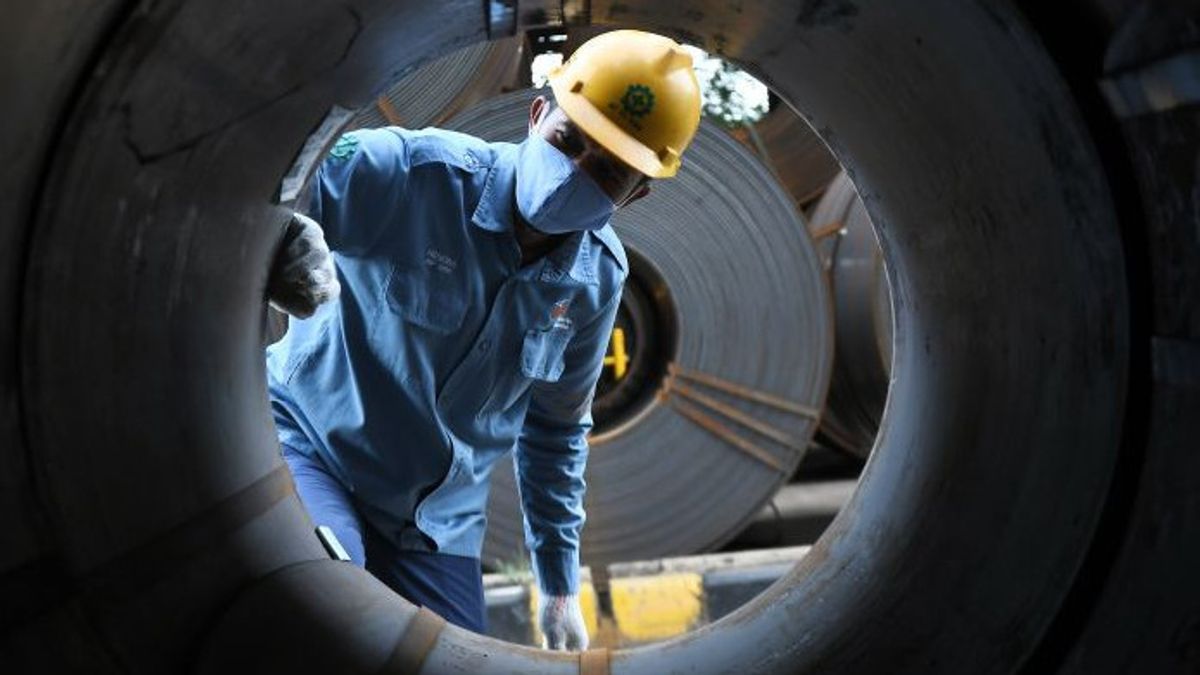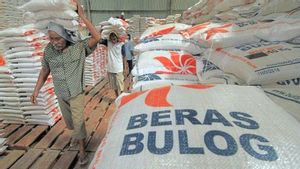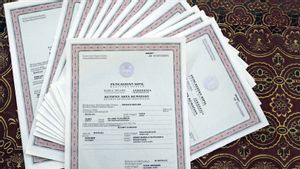JAKARTA - Institute for Development of Economics and Finance (INDEF) senior economist Tauhid Ahmad stated that the policy of the Carbon Border Adjustment Mechanism (Carbon Border Adjustment Mechanism/CBAM) by the European Union (EU) had a major impact on the domestic steel industry.
Therefore, he continued in Jakarta, Monday, February 19, the government must provide strong support to the steel industry in Indonesia, including through appropriate regulations.
"Yes, (the key) is indeed the government's support. Because clean energy technology is expensive. Likewise with regulations, the government must make it easier," he said, quoted from Antara.
For this reason, according to him, although Indonesia's export of steel products to the EU is relatively small compared to the total national export, the national steel industry is also facing serious pressure.
This is because, he added, the coal-based production line currently used is significant in increasing emissions. Domestic steel exported to China and then processed for sale to the EU, for example, must have left a carbon footprint.
"This is a challenge as well as pressure from the EU. And it doesn't just happen in steel and palm oil, but almost all commodities," he said.
Therefore, he stated that proper support from the government is needed, including ease of policy that allows the transition to net zero emissions technology, so that the Indonesian steel industry is able to face global challenges by maintaining its competitiveness and profitability.
"That's right, the regulations must support, the Government must prepare. For example, there is an industry that is oriented in that direction (green aspect according to CBAM policy), a green finance approach can be carried out. There must be incentives, significant interest difference," he said.
According to Tauhid, this incentive is a concrete step that must be taken by the government, because several sectors have obtained, such as tax incentives and reduction of import duties.
"There is even a subsidy for automotive. Well, iron and steel haven't. So, it must be prepared and continue to be studied," he said.
"The condition is that the policy is not only to deal with CBAM from the EU. More than that, so that the national steel industry can compete in the global market," he said.
SEE ALSO:
According to him, not all steel industries can obtain privilege, but this can be given to the steel industry, some of which have met the green aspect.
"Thus, the industry can meet the EU market demand aspect. This is the same as in palm oil and others, not all of them can but there is already support from the government," he said.
The CBAM policy is implemented by the EU to reduce the risk of 'carbon leakage' that occurs when EU companies move their production to countries with looser climate policy.
The EU has started the transition stage of implementing CBAM on October 1, 2023 and will effectively enforce CBAM on January 1, 2026.
The English, Chinese, Japanese, Arabic, and French versions are automatically generated by the AI. So there may still be inaccuracies in translating, please always see Indonesian as our main language. (system supported by DigitalSiber.id)













